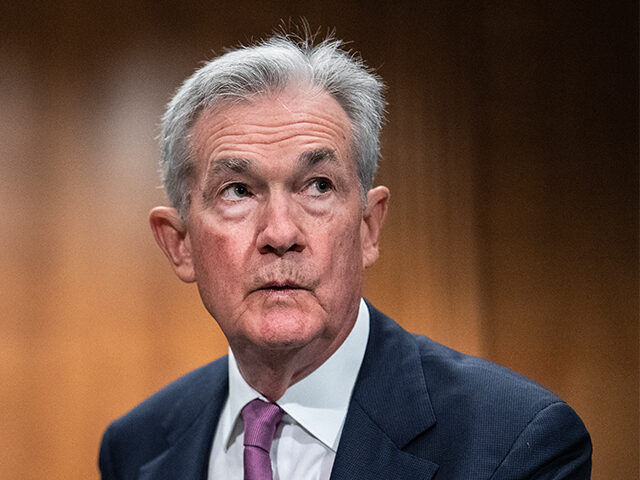A key gauge of the U.S. labor market indicates more jobs will be added in the months ahead, suggesting the Federal Reserve will hike again later this year, the Conference Board said Monday.
The Conference Board’s Employment Trends Index, which has retreated for the past two months, rose to 115.45 in July from 113.56 in June. When the index increases, this indicates that employment is likely to grow in the months ahead.
“The ETI ticked up in July after two months of decline, signaling continued job growth in the coming months,” said Selcuk Eren, Senior Economist at The Conference Board. “The Index peaked in March 2022 and has been on a slow downward trend since then but remains elevated and notably above pre-pandemic levels. We expect positive employment growth for the coming months even if the rate slows down. With continued strength in the labor market and elevated wage growth, we anticipate the Federal Reserve will raise interest target rates one more time”.
The economy added 187,000 jobs in July, the Department of Labor said on Friday, pushing the unemployment rate down to 3.5 percent. It added 281,000 in May and 209,000 in June.
“For the moment, the labor market is still tight. The Consumer Confidence Survey suggests workers are very optimistic about employment conditions: In July, the proportion of consumers saying jobs are ‘hard to get’ fell back to single digits—and the lowest level since March 2022. Initial claims for unemployment insurance and involuntary part-time workers are very low,” Eren said.
Job openings have fallen in recent months but remain extremely elevated by historical standards.
The Fed has been trying to cool down demand for labor by raising interest rates and saying that it will keep rates high for an extended period of time. Financial markets, however, expect the Fed will start cutting rates next year.
“Looking ahead, we expect the Fed’s rate hikes will have a discernible impact on job growth, with likely job losses in early 2024. As a result, we forecast the unemployment rate to start ticking higher and rise to 4.2 percent by the middle of 2024, corresponding to around 700,000 job losses. However, we anticipate that jobs will quickly recover, and tight labor markets will return by the end of 2024,” Eren said.

COMMENTS
Please let us know if you're having issues with commenting.